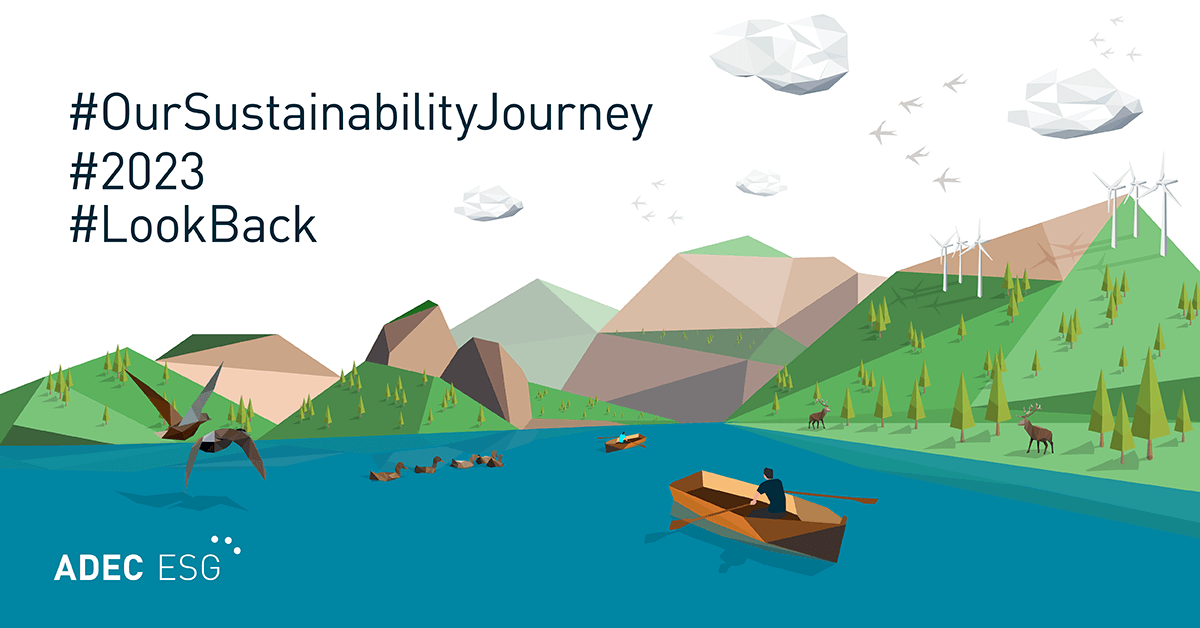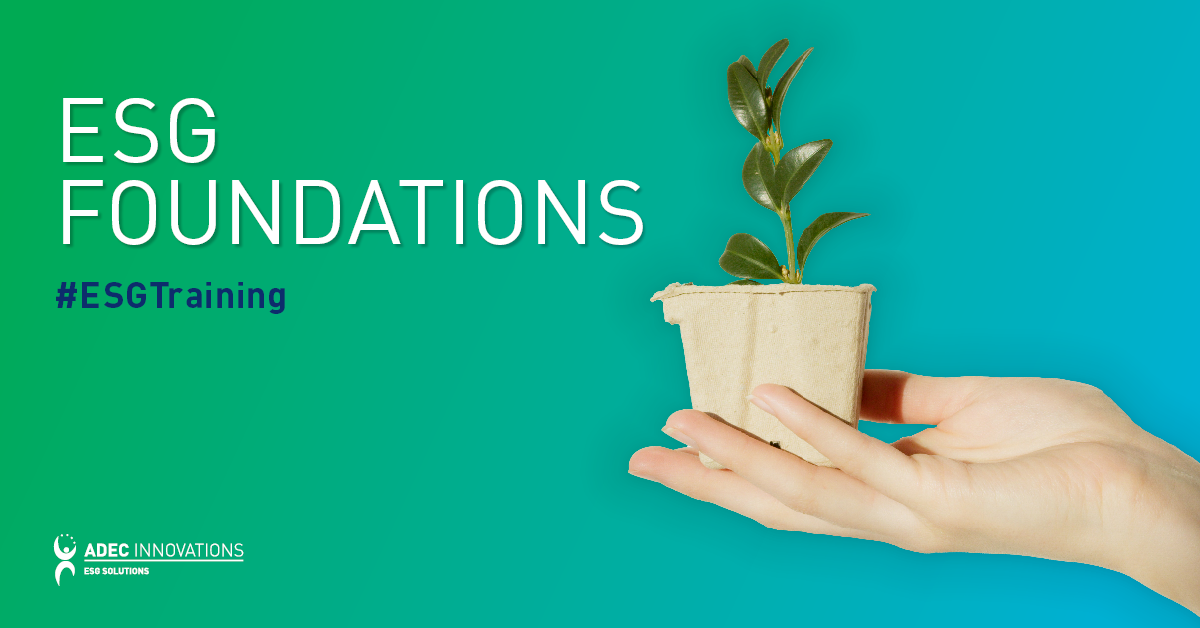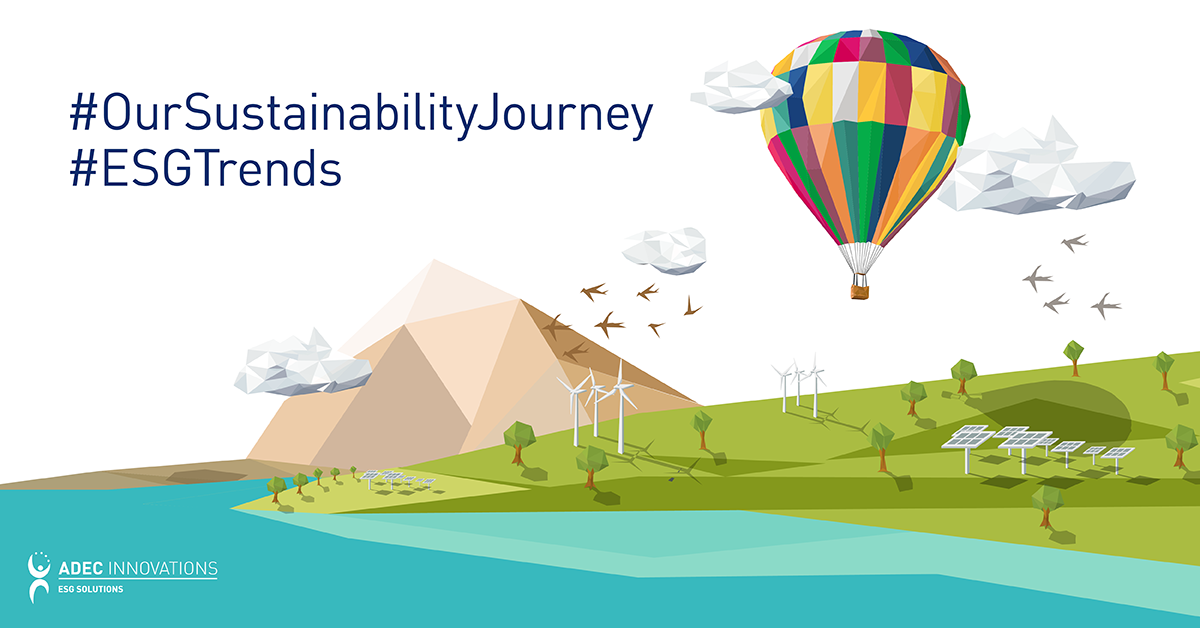Over the past few years, integrating sustainability into an organization’s business agenda has become a necessity. Organizations face environmental risks brought about by climate change including droughts, flood and heat stress. In order to address these challenges, companies need to reinvent their sustainability strategy and risk management capabilities.
By learning how environmental conditions and climate change affect the current landscape, businesses are able to understand the importance of being sustainable and climate-resilient. New opportunities emerge when organizations address the environmental risks and impact of their operations. As a result, companies develop and create new products, services, business models and strategies.
Leading Global Companies and their Best Sustainable Practices
As the need for sustainability solutions arises, organizations experience pressure to change how they operate and fully integrate sustainable practices into their corporate agenda. Moreover, with consumers looking for more sustainable products and services, and investors carefully checking performance reports, it is imperative that global companies review the effectiveness of their sustainability strategies.
A recent report from Ceres, a non-profit organization on sustainability leadership, listed companies and their respective sustainable strategies:
1. PepsiCo’s Stakeholder Engagement
PepsiCo, a food and beverage company, sees the importance of actively engaging business investors with its sustainability goals and strategies. Since 2010, issues on climate change, water scarcity, and public health have been discussed through its annual financial filings as these represent the company’s core sustainability challenges. PepsiCo recently disclosed its Performance with Purpose sustainability strategy and goals as part of the shareholder meeting’s agenda.
2. Ford Motor Company’s Supply Chain Management
Ford Motor Company understands how environmental and social challenges affect their supply chain. As a result, they established a list of requirements for all first tier suppliers down to their supply chain and factory floor operations. Part of their requirement is to identify a supplier’s GHG emissions and climate risks to be able to establish GHG emissions reduction and energy efficiency targets.
3. Nike’s Sustainable Product innovation
International sports apparel brand Nike has effectively integrated sustainable and innovative product design in its portfolio, which includes the modern design of its latest product—FlyKnit running shoes. The FlyKnit running shoe is said to produce two-thirds less waste than its competitors. Raising the industry bar higher, Nike developed the MAKING app in 2003, which publicizes information from their Materials Sustainability Index.
4. Starbuck’s Investor Dialogue Program
Global coffee company Starbucks continuously addresses the various sustainability concerns of their business investors. During their 2013 shareholder meeting, CEO Howard Schultz discussed the company’s efforts to engage suppliers and local communities where they operate as they aim to achieve their sustainability goal of ethically sourcing 100% of their coffee beans in 2015.
5. Dell’s Sustainable Design
Part of Dell’s commitment to sustainability is to create designs for environment programs, which includes integration of alternative, recycled and recyclable materials in their product and packaging design, improvement in energy efficiency, and design for end-of-life and recyclability. The computer technology company also aims to lessen their energy consumption by 80% by 2020 as part of their Legacy of Good Plan.
Global organizations realize the importance of fully embedding sustainability in their business practices. It improves the reputation of the company and brings a number of new opportunities for businesses to improve their products and services through a more sustainable approach. Planning and preparing for a sustainable future must be part of the corporate agenda and decision-making process in order to better address the impacts of potential social changes and environmental risks brought about by climate change.
FirstCarbon Solutions (FCS) is an environmental, social and governance (ESG) solutions provider with expertise in climate change and carbon management, offering strategies for effectively implementing your sustainability strategies. FCS provides you with guidance on industry best practice to improve your corporate business agenda. Learn more about shaping a ‘low carbon economy’ in this FCS blog post.





